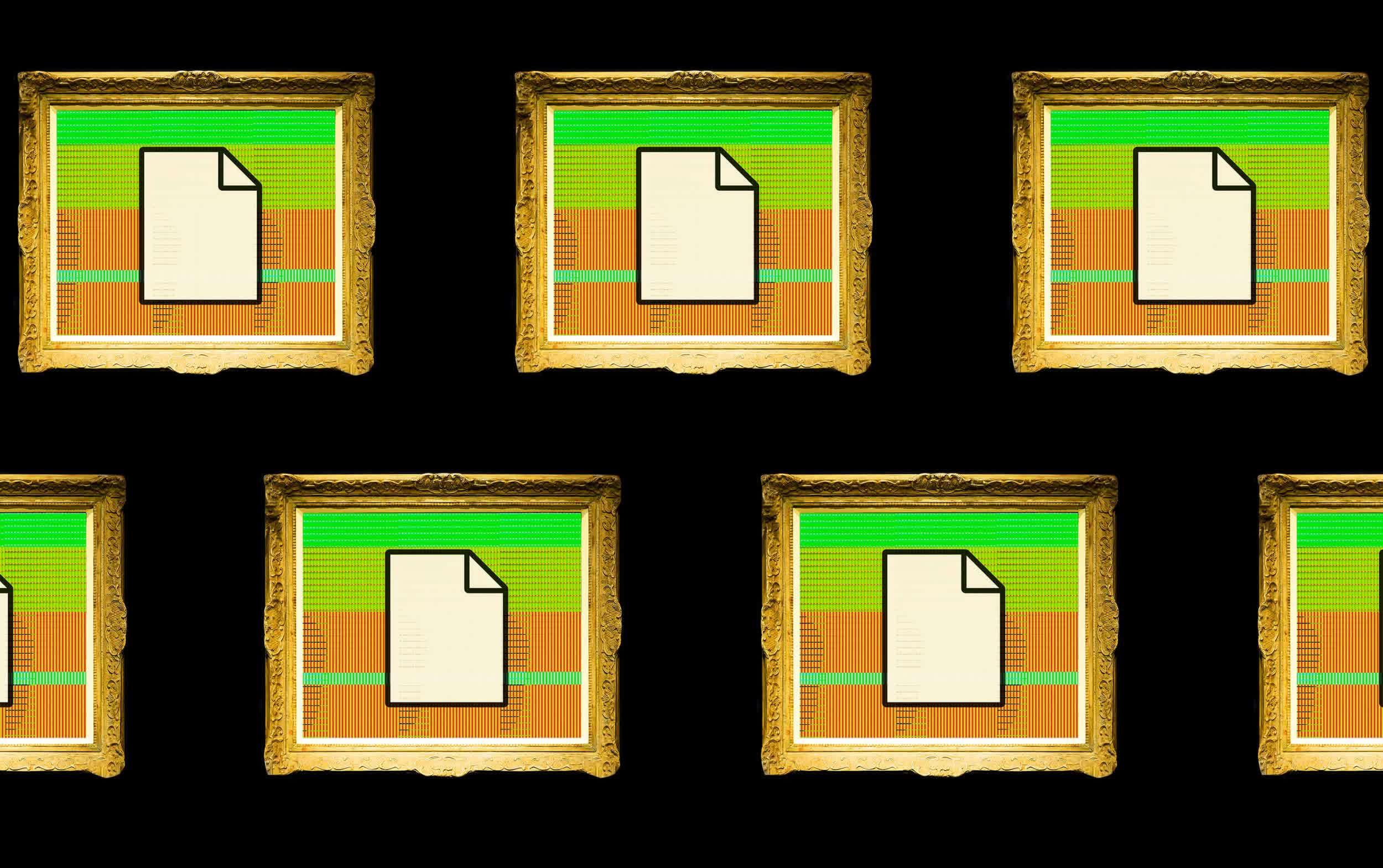What just happened? Add the Associated Press to the growing list of companies looking to cash in on the non-fungible token (NFT) craze. The news agency has announced plans to launch an NFT photography marketplace on January 31. The initial collection will feature photos from current and former AP photojournalists complete with original metadata detailing the time, date, location, equipment and settings used to capture the image.

Pulitzer Prize-winning images will also be available to purchase as rare drops that take place once every two weeks. These photos will have increased scarcity to preserve their status and may be limited to the market’s most active collectors, we’re told.

The news agency is partnering with Xooa on the project. The NFTs will be minted on the Polygon blockchain, an Ethereum-compatible layer two platform founded in 2017. AP digital collectibles will support secondary market transactions and will be purchasable using credit cards as well as crypto.
Matic, the native cryptocurrency of the Polygon network, is up nearly 13 percent on the news.
The AP said price points will vary in order to appeal to a range of novice and advanced collectors, adding that as a non-profit, proceeds will go towards funding AP journalism.
The Associated Press isn’t the only news organization to hop aboard the NFT bandwagon. Quartz last year sold its first NFT news article for $1,800, and The New York Times sold its first-ever NFT article for 350 Ethereum, or nearly $1.1 million given current exchange rates. Proceeds from the NYT’s sale went to the Neediest Cases Fund.
Image credit: JPizarro
https://www.techspot.com/news/92947-associated-press-sell-photography-nfts.html